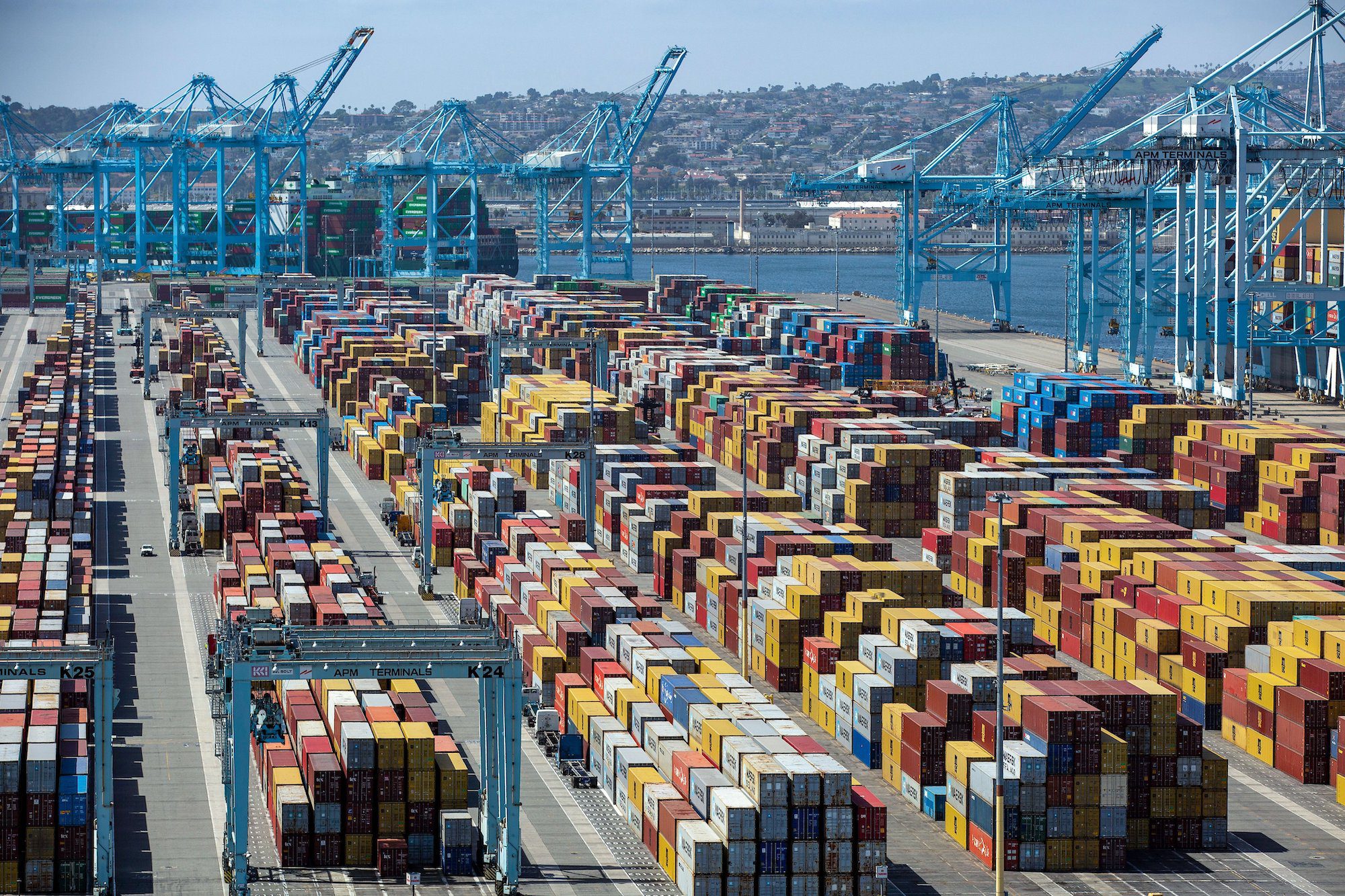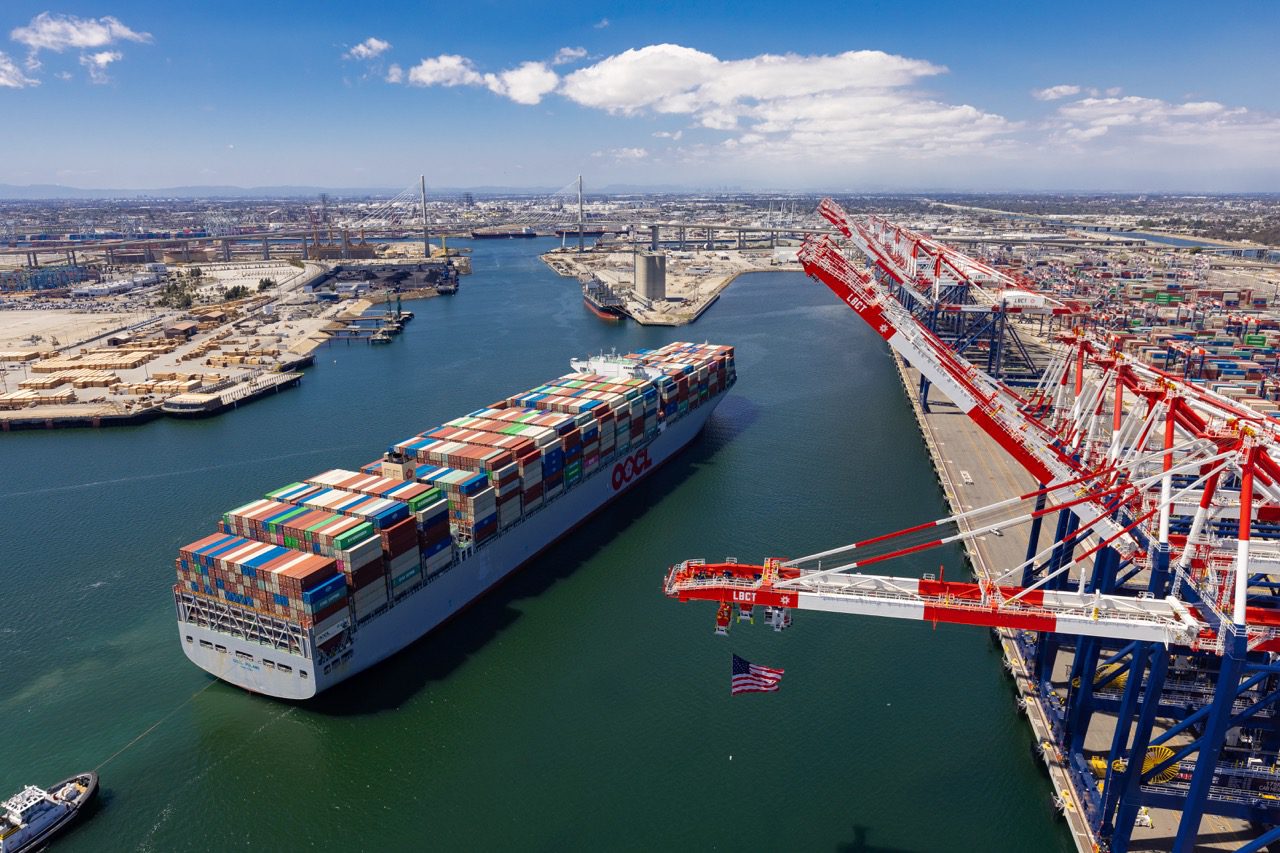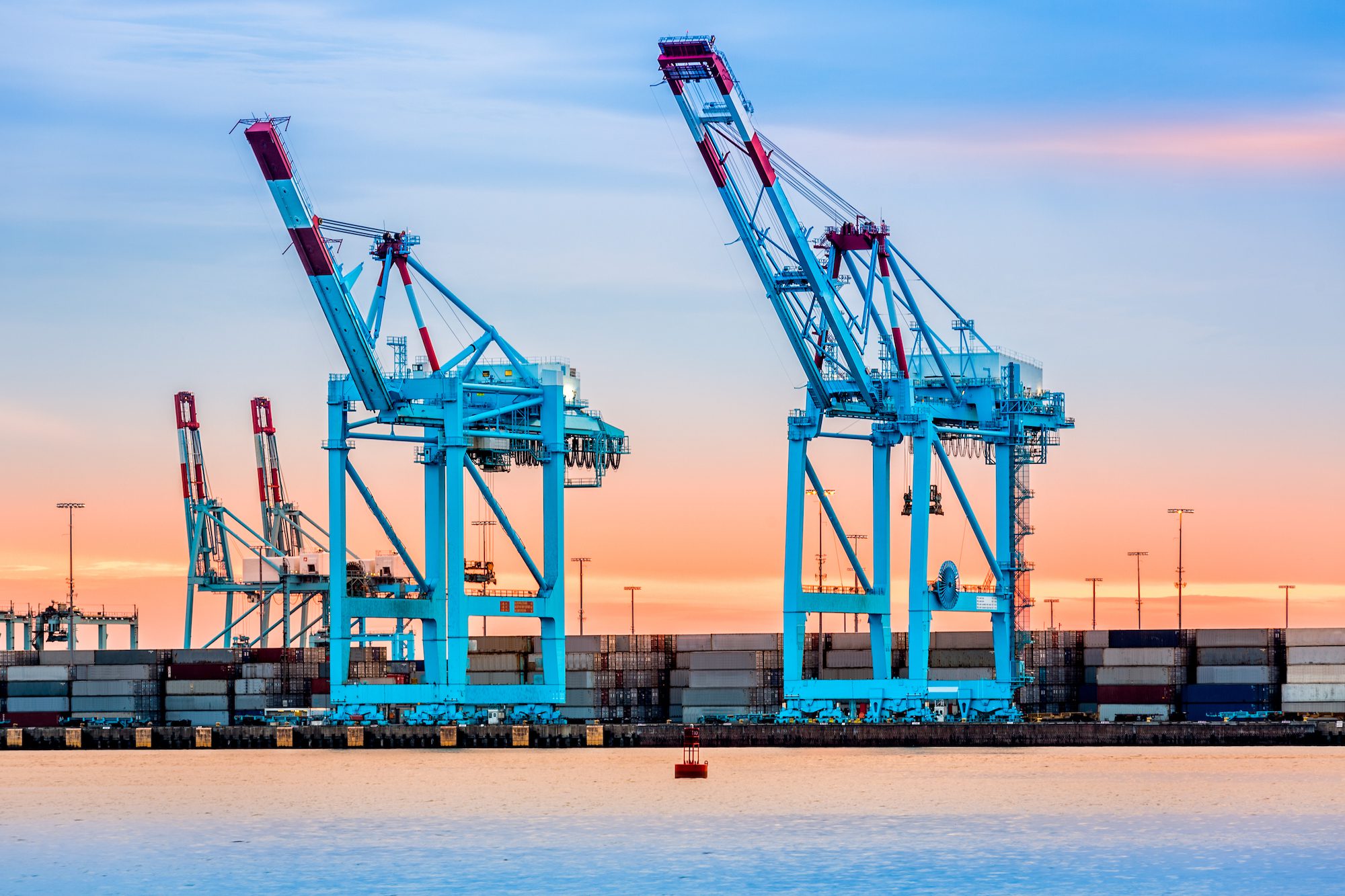The ports of Los Angeles and Long Beach have announced plans to end the Container Dwell Fee that they never technically implemented, marking the latest sign that the imports surge that became a hallmark of the post-Covid economy has ended.
The program was announced October 25, 2021 at the height of last year’s holiday shipping season, to help combat the huge backlog of containers that had built up at Los Angeles and Long Beach terminals.
Under the temporary policy, developed in coordination with the Biden-Harris Supply Chain Disruptions Task Force, U.S. Department of Transportation and multiple supply chain stakeholders, ocean carriers could be charged a compounding daily fee for each import container dwelling nine days or more at marine terminals. But fee implementation has been postponed by both ports since the start of the program and no money was ever collected.
The executive directors of both ports were given the authority to implement the fee at anytime, yet week after week fee implementation continued to be postponed as the ports pointed to cargo owners’ success in clearing long-dwelling cargo off terminals. Since the program was announced, the two ports report seeing a combined decline of 92% in aging cargo on the docks.
A statement from the San Pedro Bay ports on Friday said they will now phase out the option to collect the fee starting on January 24, 2023, when the temporary program was set to expire. The Long Beach and Los Angeles Boards of Harbor Commissioners have no plans on extending.
“This fee was conceived as an incentive to ease congestion, keeping imported goods flowing to stores across America,” said Port of Long Beach Executive Director Mario Cordero. “Measured by this standard, we can all appreciate the policy’s success, and best of all, the fee was never implemented. We thank cargo owners and terminal operators for working with us to make operations more efficient, and of course dockworkers for their dedicated labor.”
“I said when we launched this program that I hoped we would never collect a dime because that would mean that containers were moving off our docks. And that’s exactly what occurred,” said Port of Los Angeles Executive Director Gene Seroka. “I’m grateful to the cargo owners and all our waterfront workers for all their successful efforts to improve the efficiency of our operations.”
After a busy start to this year, the ports of Los Angeles and Long Beach have seen cargo volumes soften in recent months as peak shipping season came early and importers, fearing disruption from West Coast labor talks, shifted cargo to East and Gulf ports. The lull has given the ports a chance to not only move aging cargo off the docks, but also to clear the backlog of ships—another trait of the pandemic—after hitting a peak of 109 ships waiting in early January.

 Join The Club
Join The Club











